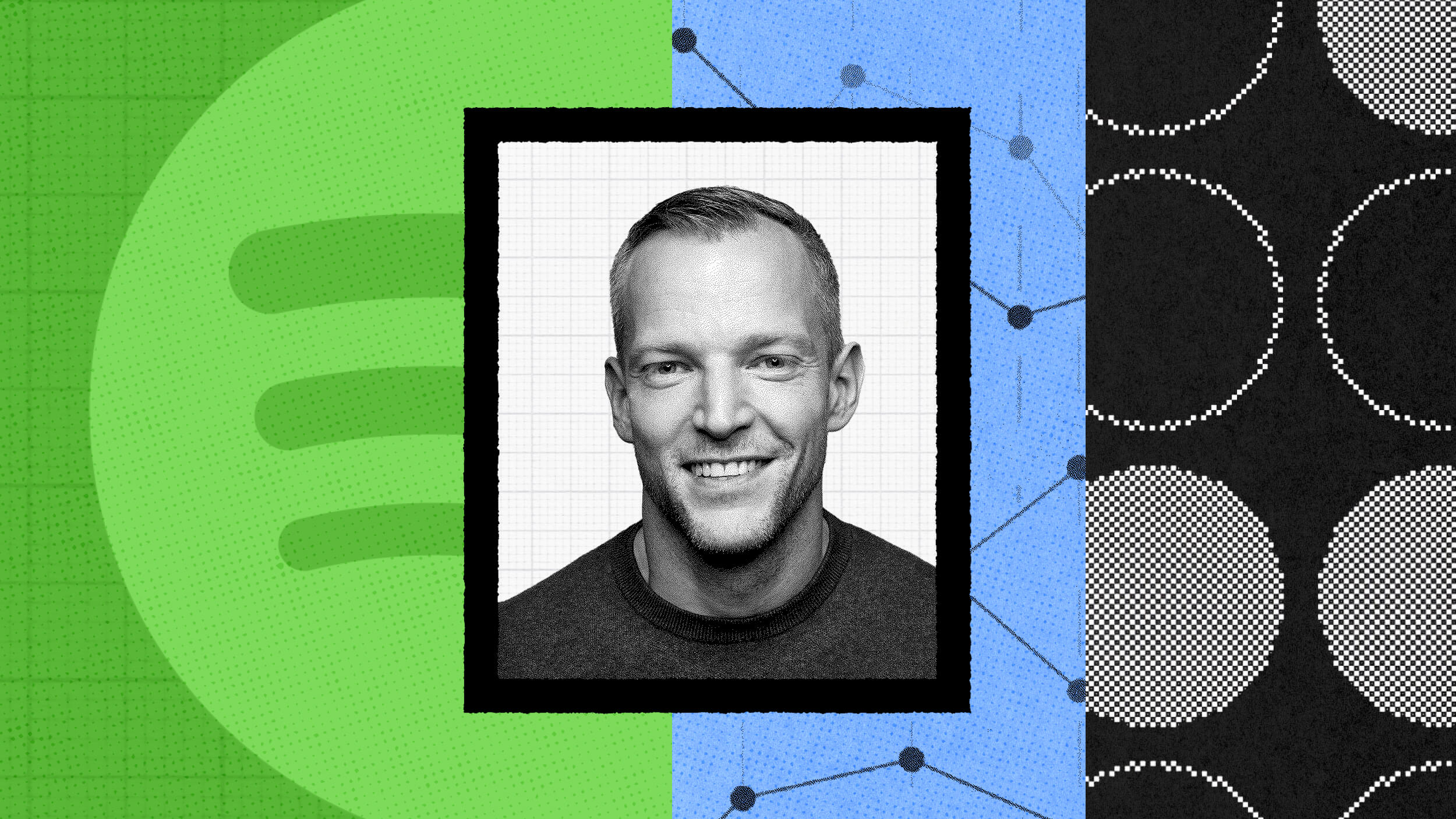#24: Free All Software

“Software should always be free because all users of software deserve freedom,” says Richard Stallman, founder of the Free Software Foundation and the GNU Project, and a longtime activist.
But he’s not talking about “free” in the sense of free beer—Stallman tells Big Think his definition of free software is more akin to free speech: “It’s free in the sense of freedom, not in the sense of price,” he says. “I’m not talking about gratis software. Whether money changes hands in exchange for copies or anything else is a detail that I’m not particularly concerned about either way. However, I insist on using software that respects my freedom because I’m not willing to give up my freedom.”
There are four essential freedoms that Stallman points to, which he thinks software must have: “Freedom zero is the freedom to run the program as you wish,” he says. “Freedom one is the freedom to study the source code of the program and change it so that it does your computing the way you wish. Freedom two is the freedom to help others. That’s the freedom to redistribute exact copies of the program to other when you wish. And Freedom three is the freedom to contribute to your community. That’s the freedom to distribute copies of your modified versions to others when you wish.”
Whether software should be “free” in this way is an ethical question, Stallman believes. “The same code can be distributed as free software or as user-subjugating, proprietary software. And sometimes it’s distributed in both ways in parallel. So, we’re not talking about technology here, we’re talking about the social arrangements imposed by technology.”
In talking about these social arrangements, Stallman says he is particularly referring to the way that using some software puts the user “at the mercy of a business.” The user is required to enter into a relationship with the software which is dictated by the interests of the company—and then the company abuses its power by setting restrictions or covertly acting without the user’s consent. “So we find software with spy features that send information about the user. And we find programs designed specifically to stop users from doing what they probably want to do.”
Takeaway
Stallman believes that free software “creates a free society” because no one is in the position to “abuse” anyone else with impunity. And when he’s talking about this freedom, he doesn’t even limit it to software. He extends his definition to all “works that you use to do practical jobs whose purpose is to be used to do practical jobs.” To this end, Stallman also thinks cooking recipes, educational works, and reference works, among other things should be “free” as well.
Why We Should Reject This
“‘Free’ software is not without monetary cost,” says Braden Cox, Policy Counsel for the Association for Competitive Technology, an advocacy group representing over 3000 small and mid-sized technology firms. He says that while “ideologues” like Stallman tout “free, as in freedom,” the General Public License copyright agreement put forward by the GNU Project “actually preaches about what can’t be done with software.”
“The GPL prevents the use of digital rights management, mixing of free software with proprietary software, and it blocks the use of patent non-assertion agreements,” notes Cox, who contrasts Stallman’s Free Software Foundation with the open-source software community, which “is part of a larger enterprise geared toward expanding market penetration and increasing revenues.”
He says that all software has costs attached to it, and companies should be allowed to create the products they want, in the way they want, to meet market demand—and should have the ability to patent them as they wish. “The world of software is filled with inventions deserving of protection through the patent system,” says Cox. “Just a few minutes playing with a Tivo, an iPhone, or Adobe Photoshop proves that beyond a shadow of a doubt.”
More Resources
— A definition of “free” software from the GNU Project and the Free Software Foundation.
— The GNU Project’s General Public License.
— The Association for Competitive Technology’s homepage.





